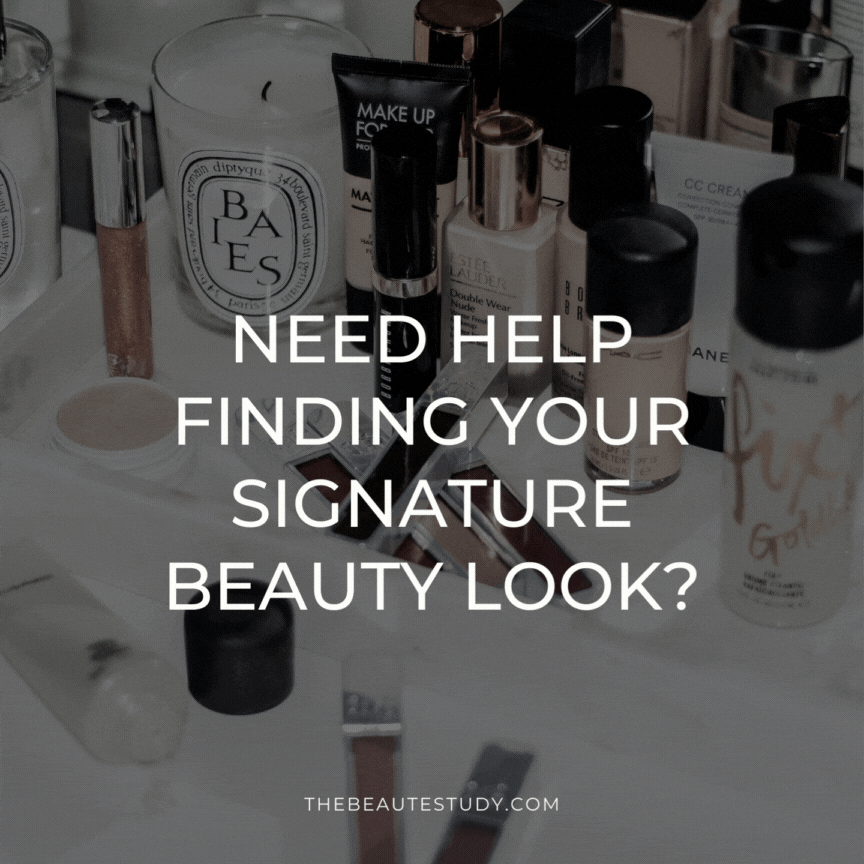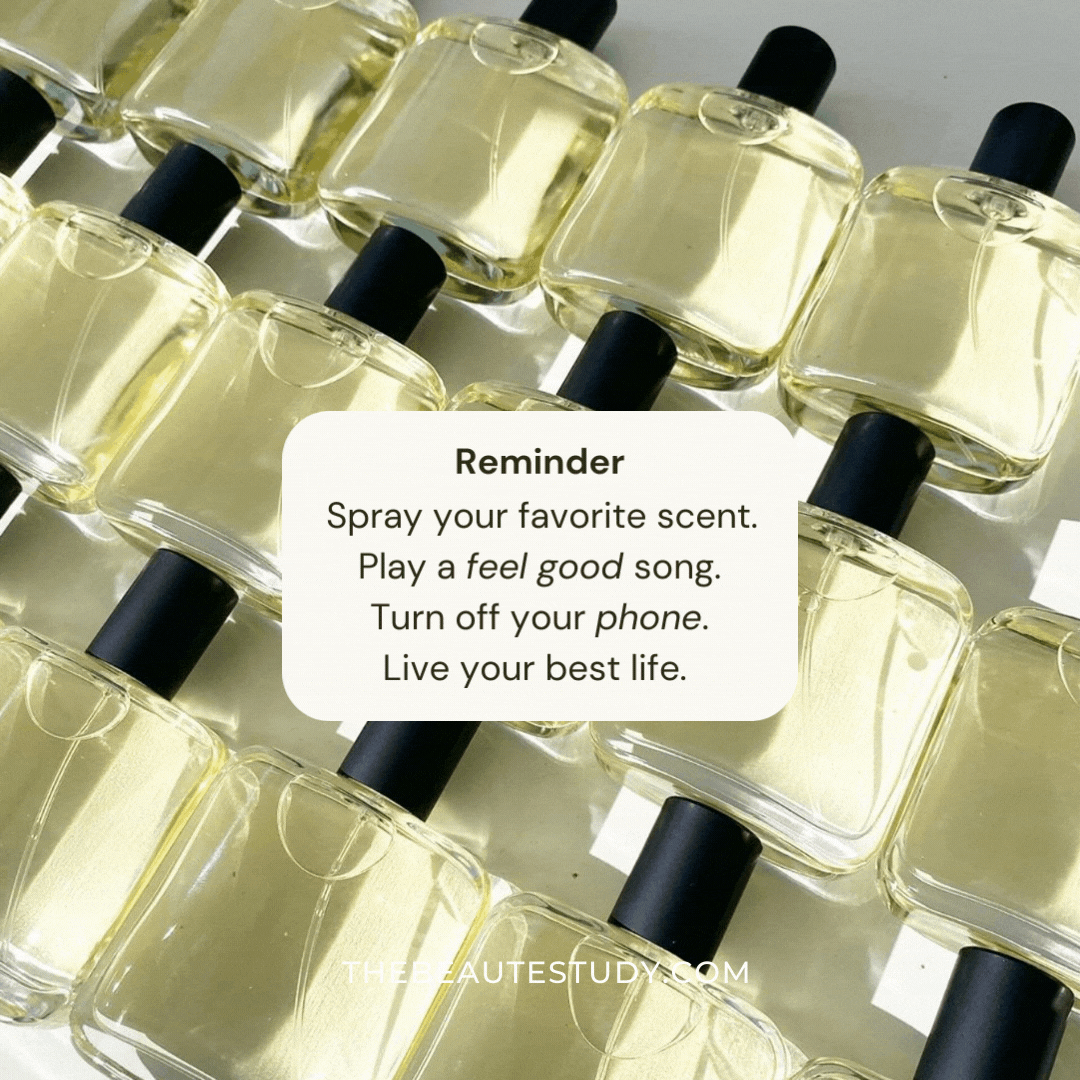In today’s world, you may see your favorite celeb launching their own beauty brand or lifestyle brand. Some good examples are Rihanna, Gweneth Paltrow, Kim Kardashian, and many more. Celebrities can be considered influencers but on a higher scale. The growth of celebrity brand endorsement has a long history.

Let’s Go Back in History
In many countries with a royal family like the United Kingdom, the first “influencers” were considered the royal family. To have the royal family’s stamp of approval on your business and brand was and still a sign of prestige. For example, the brand, Burberry, is considered has a Royal Warrant from the Royal Family in the United Kingdom. I don’t know about you but, I have a couple of vintage Burberry pieces that I treasure.
The Bold ’90s
The slow rise of the celebrity we see today began in the ’90s. We saw supermodels like Naomi Campbell on the catwalks wearing outfits while celebrities like Brittany Spears and Brandy dancing their way on stage. You would have celebrities working with brands as ambassadors. For example, the famous 1992 Calvin Klein campaign featuring Mark Walherg was a huge success for the underwear sales of Calvin Klein. It was later recreated in 2013 by Justin Bieber.

Celebrities started to be that face. Covergirl is a good example of a company that was already doing these trends. Brandy was one of their ambassadors in the ’90s with Tyra. The celebrity brand ambassador slowly started to reach beyond ambassadorship in the beauty industry in the 2000s.
The 2000s is here
The early 2000s is where you see the challenge celebrities started to branch out of ambassadorships. In 2004, Britney Spears launched her fragrance, Curious and it began a standard of celebrity fragrances launches. It was a hit and a great partnership between Spears and the beauty company, Elizabeth Arden. This key moment is where you see more celebrities come out with fragrances. Beyonce, Rihanna, and Justin Bieber later came out with their own lines for their audience. Bieber’s ‘Someday’ fragrance that came out in 2011 broke the sales record (once led by Beyonce’s Heat) with over $3 million in retail sales in less than three weeks according to Women’s Wear Daily.
The 2010s dominates the scene
We have seen the rise of celebrity-focused beauty brands. One of the first on the scene was Kat Von D Beauty with then-partnership with Sephora brands (later turned into Kendo Brands). Kat Von D was a conversational figure in the industry with her tattoos, tv show, and past relationship with Jessie James (ex-husband to Sandra Bullock). She was outspoken against animal testing, for veganism and reported to be anti-vax due to her comments about vaccinating her unborn child. In 2019, she has removed herself from the brand and her former beauty brand is now called KVD Beauty.
It is interesting because Kat Von D was one of the early people we coin as an ‘influencer’. She was not a big star like Beyonce and Rihanna. Before Instagram, there was TV. Being an on-air personality (like Paris Hilton) got you far.

The jump we see today follows the introduction to Fenty Beauty by Rihanna. Started in 2017, Rihanna took the world by storm with her new makeup line. The idea of a celebrity-beauty line may not be new. A few examples of a cosmetic line created like Iman Cosmetics in 1994 by the supermodel, Iman, and Fashion Fair Cosmetics created by the Johnsons who owned Ebony and Jet. Rihanna is one of the modern examples of how a celebrity can get luxury backing for her brand. To understand more, read this short case study on how Rihanna’s Reign took work and dedication.

The future of the 2020s
We can only guess about the future of the beauty industry. I will leave that to the trend forecasters. I foresee a rise in celebrity beauty brands in the first few years. For example, Lady Gaga has launched her makeup line at the end of the ’10s. Selena Gomez is about to launch Rare Beauty at Sephora this summer.
We may see a fall of some beauty brands by the end of the decade after the hype falls. The reason being that some of the brands that are launching do not match the brand identity of the celebrity. Tracee Ellis Ross included natural hair for decades, which made her new hairline, Pattern Beauty, a success. I honestly think Rihanna has some of the ladies in the industry considering their plans for generational wealth. What do you see for the future?
Author Profile
- Sterling Jones is the Editor in Chief of The Beauté Study, where is responsible for leading the editorial calendar and creation of online educational content across all categories, brand partnerships, VIP concierge, agency-side of business, and online classes. Sterling loves to write and create engaging content about the power of beauty, cultural trends and lifestyle brands. She founded this platform in 2017 and organically grown into a trusted media platform with the support of a growing population of feminine women growing and defining in their beauty epiphanies. Under her leadership, the brand has worked with other brands in partnership like La Mer, Bobbi Brown Cosmetics, Mejuri, Follain, Cocokind Skincare, Moisture Love, Rein Beauty, Proven Skincare, The Beaute Culture Conference, QCNY Luxury Spa, Merit Beauty, and more. Born and raised in Atlanta, Georgia, Sterling holds two undergraduate degrees in Art History and Business of Beauty and Fragrance, the perfect blend between cultural know-how. She can be found on all socials under @thesterlingstudy.
Latest Articles
 BeautyApril 15, 2024Three Tips To Do Makeup for High Flash Photography
BeautyApril 15, 2024Three Tips To Do Makeup for High Flash Photography NewsApril 12, 2024The International Beauty Show Returns to New York for 2024
NewsApril 12, 2024The International Beauty Show Returns to New York for 2024 Hair CareApril 9, 2024How to Get A Signature Silk Press
Hair CareApril 9, 2024How to Get A Signature Silk Press BeautyApril 8, 2024We Tried Skinney Med Spa in NYC and Here’s What Happened
BeautyApril 8, 2024We Tried Skinney Med Spa in NYC and Here’s What Happened








